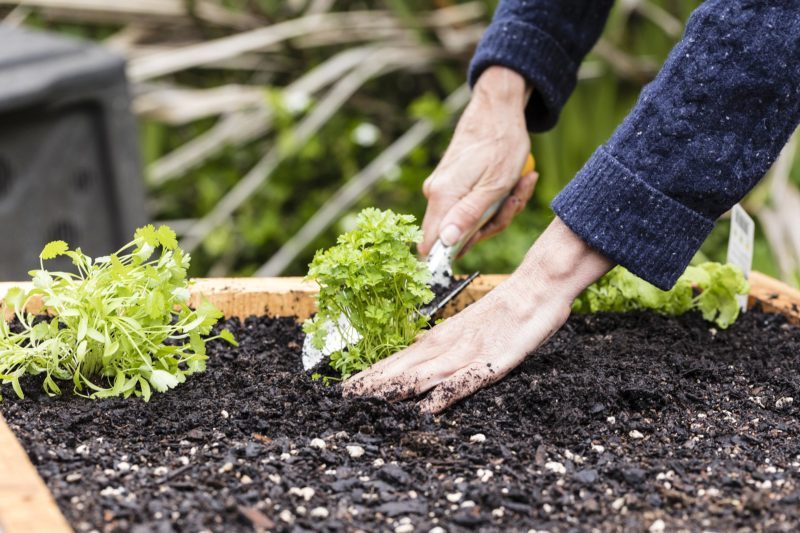
Surprising health benefits of gardening
If you’re looking for ways to stay fit and healthy, chances are exercise ranks high on the list. Lifting weights can help maintain and even strengthen muscles while yoga can boost your flexibility and balance. But have you ever thought of gardening?
Gardening, no matter your age, is a physical activity that can reap many unexpected health benefits. “When I think of the health benefits of gardening the first most obvious benefit is getting outside and into the fresh air,” says Gwenn Fried, manager of horticultural therapy at NYU Langone Medical Center’s Rusk Rehabilitation in New York City. But there are plenty more benefits for the mind, body and soul.
Read on down below to learn the surprising health benefits of gardening.
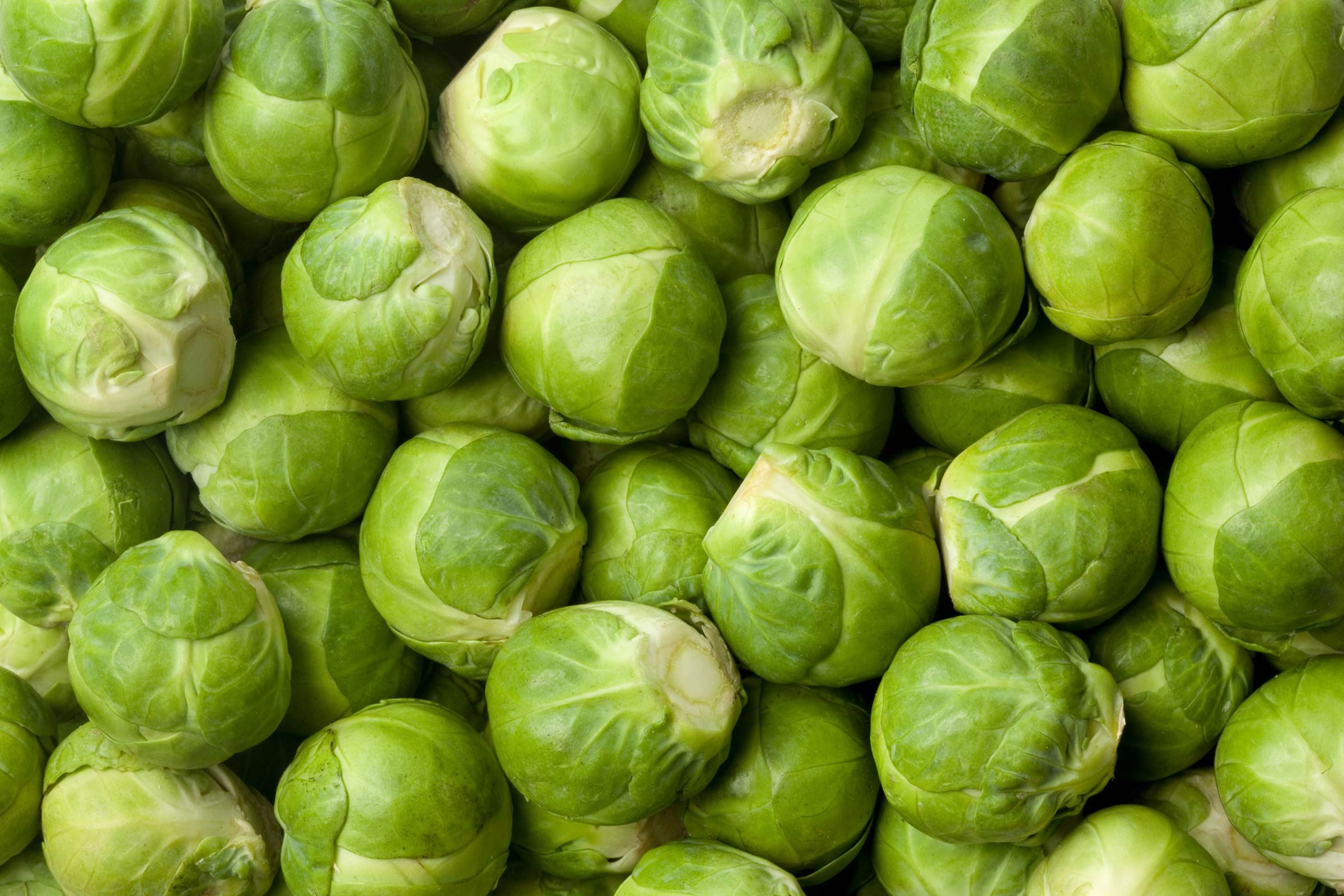
Makes you (and your kids) love veggies
Were you the kid who fed your peas to the dog under the table? Faked a stomach ache every time Brussels sprouts were served? Ordered a salad with extra ranch, hold the lettuce? Simply growing older may not have changed your feelings about eating your greens, but growing your own vegetables just might. A 2017 review of studies published in the Journal of the Academy of Nutrition and Dietetics found that kids who were introduced to gardening ate more fruit and veggies.
Try adding these heart-healthy foods to your grocery list.

Helps you control weight
Avoiding weight gain—or trying to shed a few pounds—is a popular health goal for many people, and gardening can help you achieve it, according to a 2013 study published in the American Journal of Public Health. Gardeners have a significantly lower body mass index, as well as lower odds of being overweight or obese, than non-gardeners, the researchers found. The average weight loss? About 11 pounds for women and 16 pounds for men.
Beware of these sneaky things that make you gain weight.
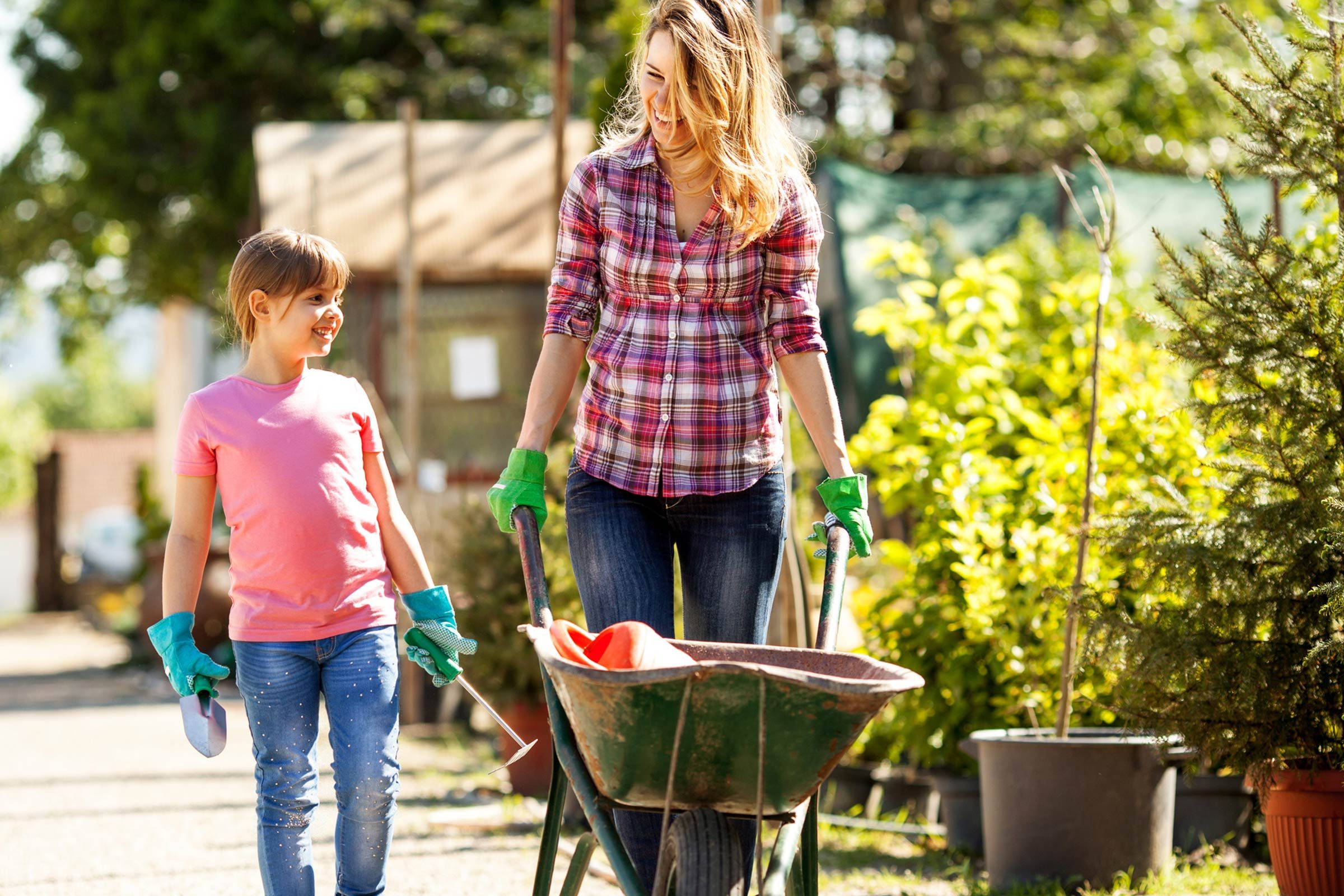
Provides a great workout that feels more fun than work
Think puttering around in the garden is just something your elderly neighbour does when she’s bored? Think again. Carrying bags of mulch, pushing a wheelbarrow, hoeing rows, picking weeds, planting seeds, toting equipment, shoveling manure, moving pots, pushing a mower, and other gardening tasks provide a whole-body workout, suggests a 2014 review of studies published in the journal American Society for Horticultural Science. Even better, it’s exercise with a purpose. “This goal-oriented activity entices you to stay for a longer time and therefore reap more benefits of the aerobic activity,” says Fried.
Here are the best workouts for people who hate exercise.
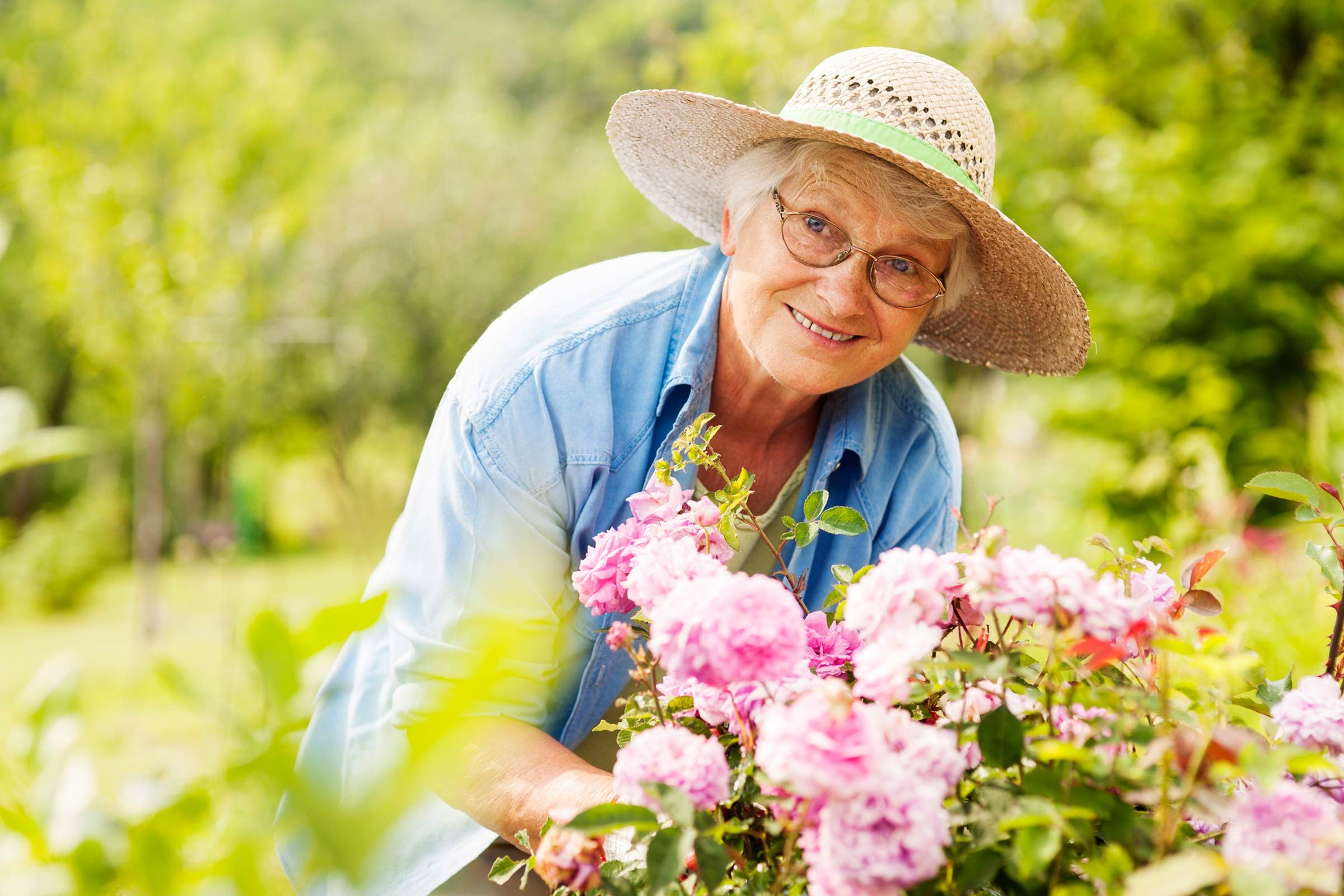
Nourishes your spirit
Call it the “gardening glow”—working with plants provides serious stress relief and positive sensory stimulation, suggests an experiment done by NASA in 2016. That’s right, the scientists responsible for hurtling humans into space have discovered that gardening can keep astronauts sane and happy in the severe environment of outer space. In their research, they found that planting and nurturing seeds, even just in small pots, provided lifted mood and eased stress. And if it helps an astronaut, it can definitely help those of us who just watch them on TV.
Check out these expert-approved stress management tips.

Cuts your risk of heart disease
Even though gardening may not be a high-intensity cardio sweat fest, it’s still providing powerful heart health benefits. In fact, gardening can cut the risk of a heart attack or stroke and prolong life by 30 per cent, according to a study published in 2013 in the British Journal of Sports Medicine. The benefits appear to come from the combination of physical exercise and the stress reduction playing in the dirt provides.
“The stress-reducing capacity of gardening starts with reconnecting us with the natural world,” says Fried. “Pruning, weeding, and watering all provide a cathartic experience. Something as small as a tending a plant on a desk or as encompassing as a vegetable garden allows the user to immerse themselves in a green, growing, healthy environment.”
Find out how to control these risk factors for heart disease.
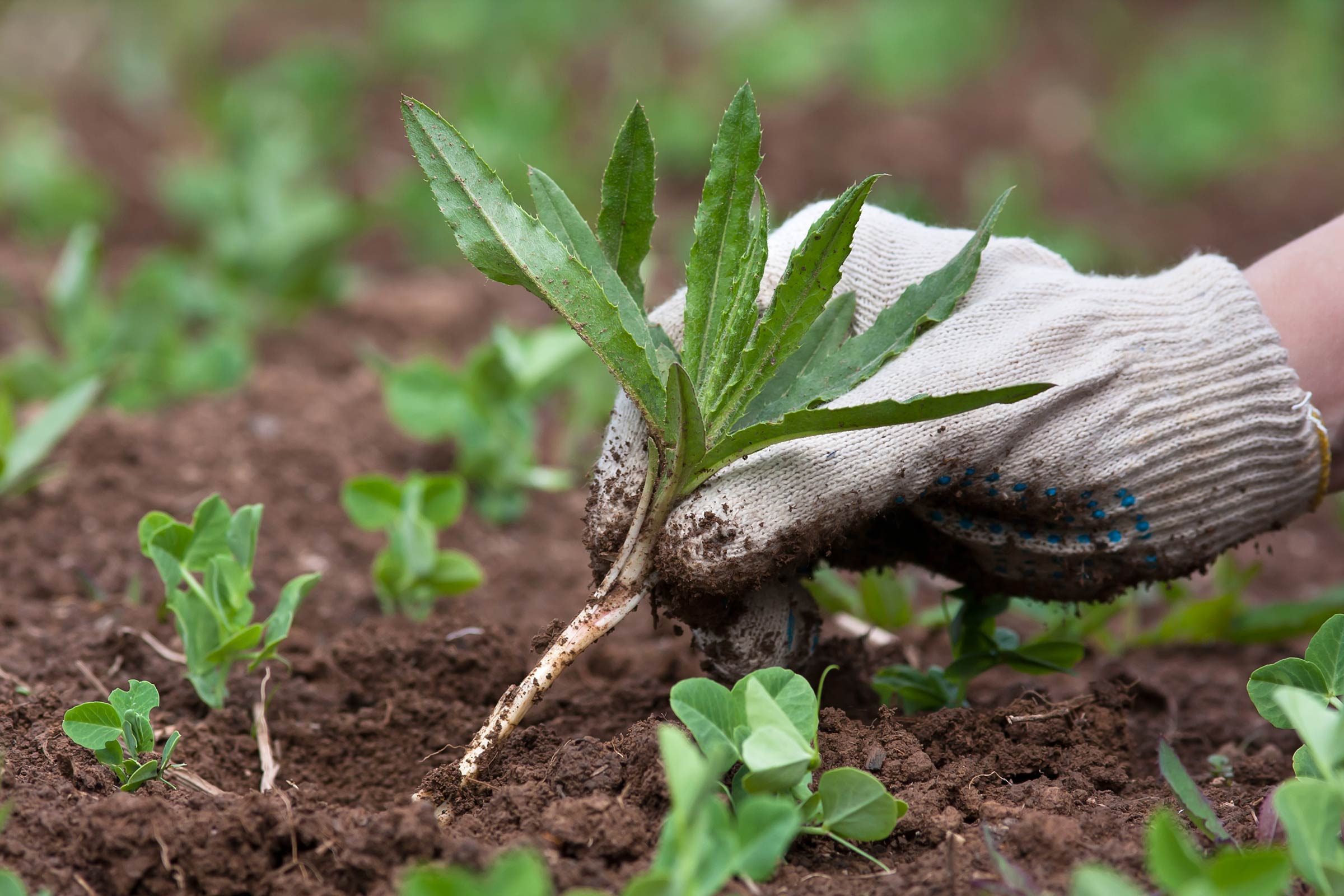
Helps slow climate change
When it comes to reversing or stopping global climate change, there’s a lot you can do on an individual level. Recycling, carpooling, using energy-efficient appliances, and hybrid cars all help. But did you know that you can add your backyard garden to that list? Gardens provide vital green space to reduce greenhouse gasses, lessen your need to buy things, allow you to recycle kitchen waste, and many other positives for our planet, according to report by the National Wildlife Federation.
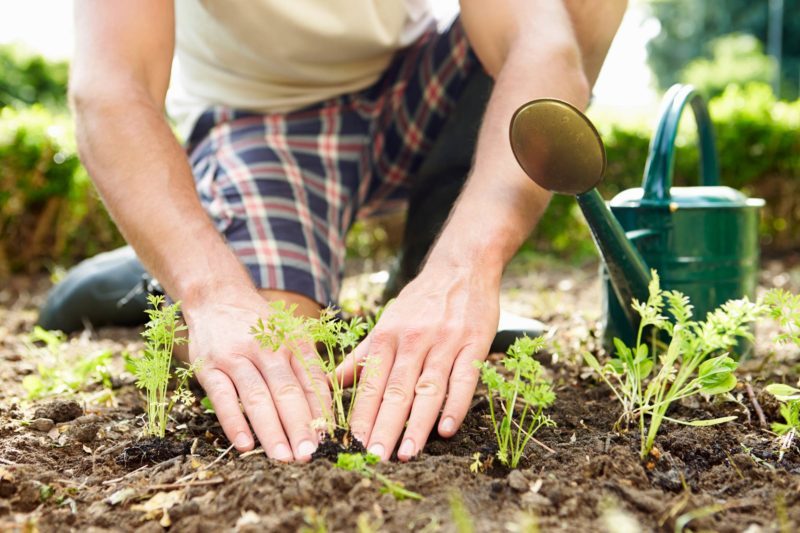
Boosts your immune system
Having dirt under your fingernails may be a sign of poor hygiene, but scientists say it could also be a mark of good health. Thanks to beneficial bacteria found in soil, gardening may improve your immune system, helping you get sick less and fight off infections easier, according to research, including a 2015 study published in Immunotargets and Therapy.
Follow these simple tips to boost your immune system naturally.
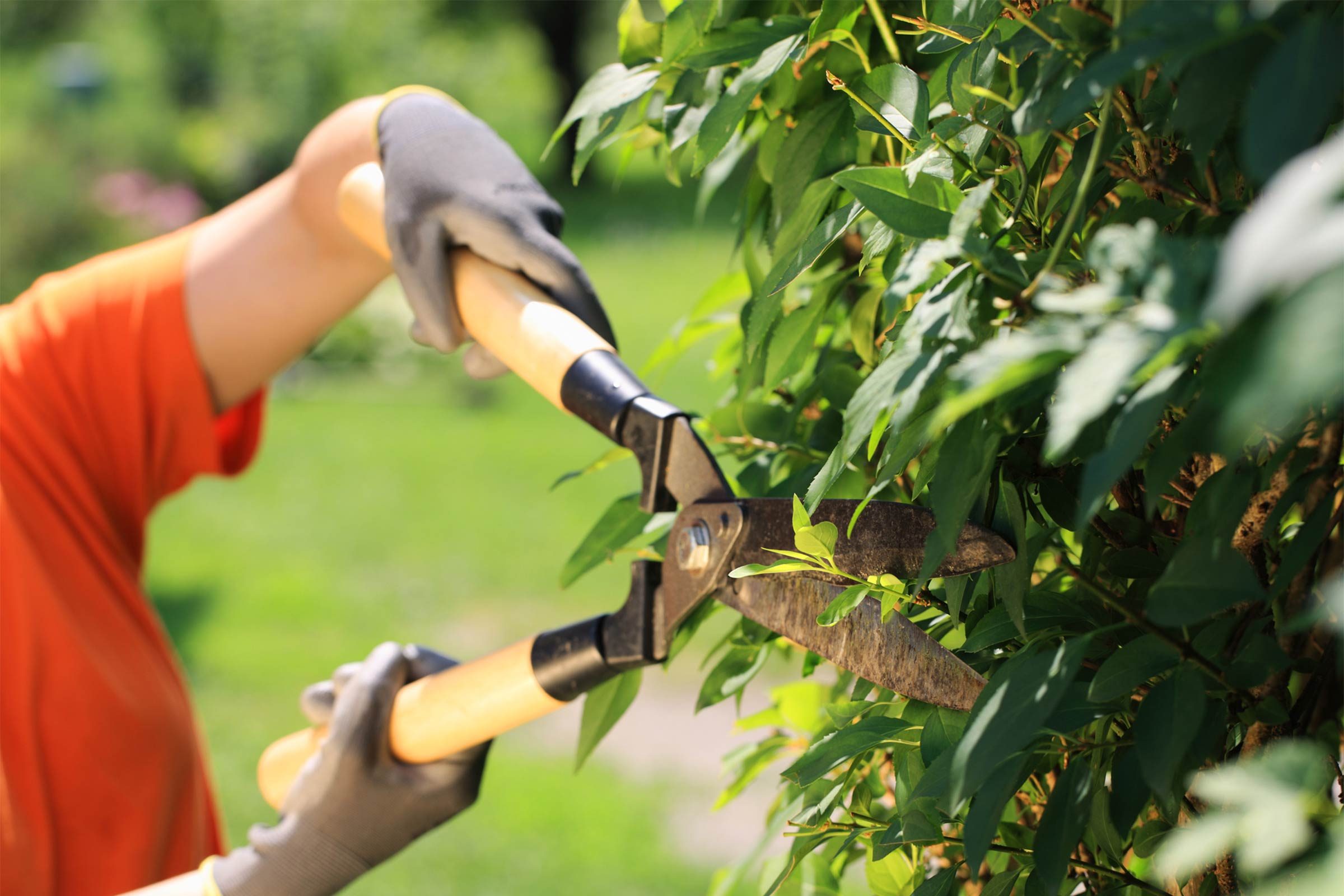
Increases hand coordination and strength
A powerful grip is important for more than just rock climbing or intimidating people with your handshake. Hand strength, flexibility, and coordination are essential for everyday tasks like opening jars, carrying packages, and picking up children. And gardening is the perfect way to hone those fine motor skills and muscles. A few minutes of daily weeding may even help offset some of the strain caused by repetitive use like typing or phone swiping.
Change the way you live by reading up on these groundbreaking new health studies.
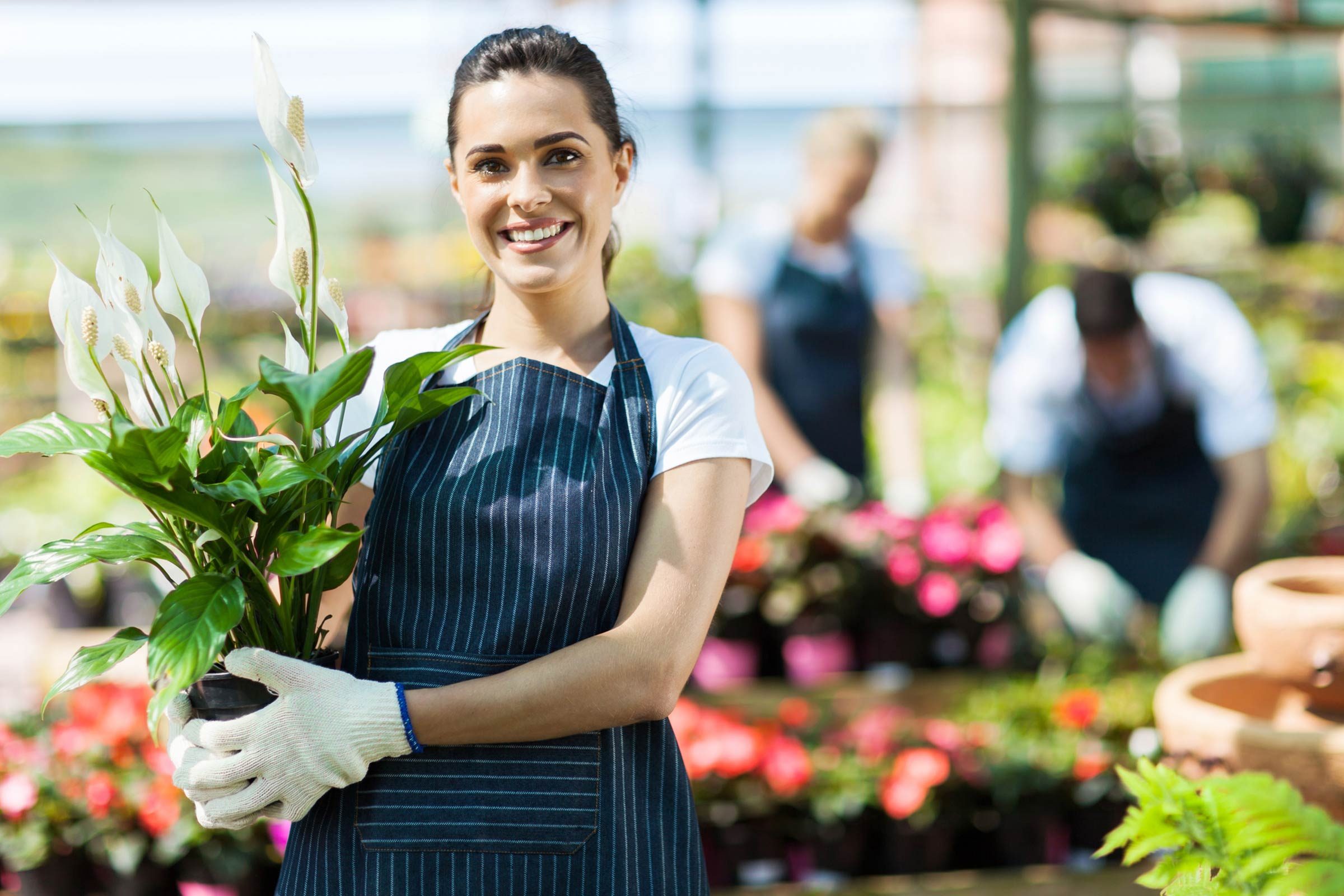
Gives you hope for the future
Arguably the most surprising benefit of gardening? It restores your faith in the future. “When you garden, you expect growth and change,” says Fried. How so? “When someone plants a seed and waters it, they have faith that the seed will send roots into the soil to support stems and leaves above,” she says. “When people see that faith come to fruition, it helps carry the same kind of faith and hope into everyday life.”
These tips can boost your mood—and your well-being.
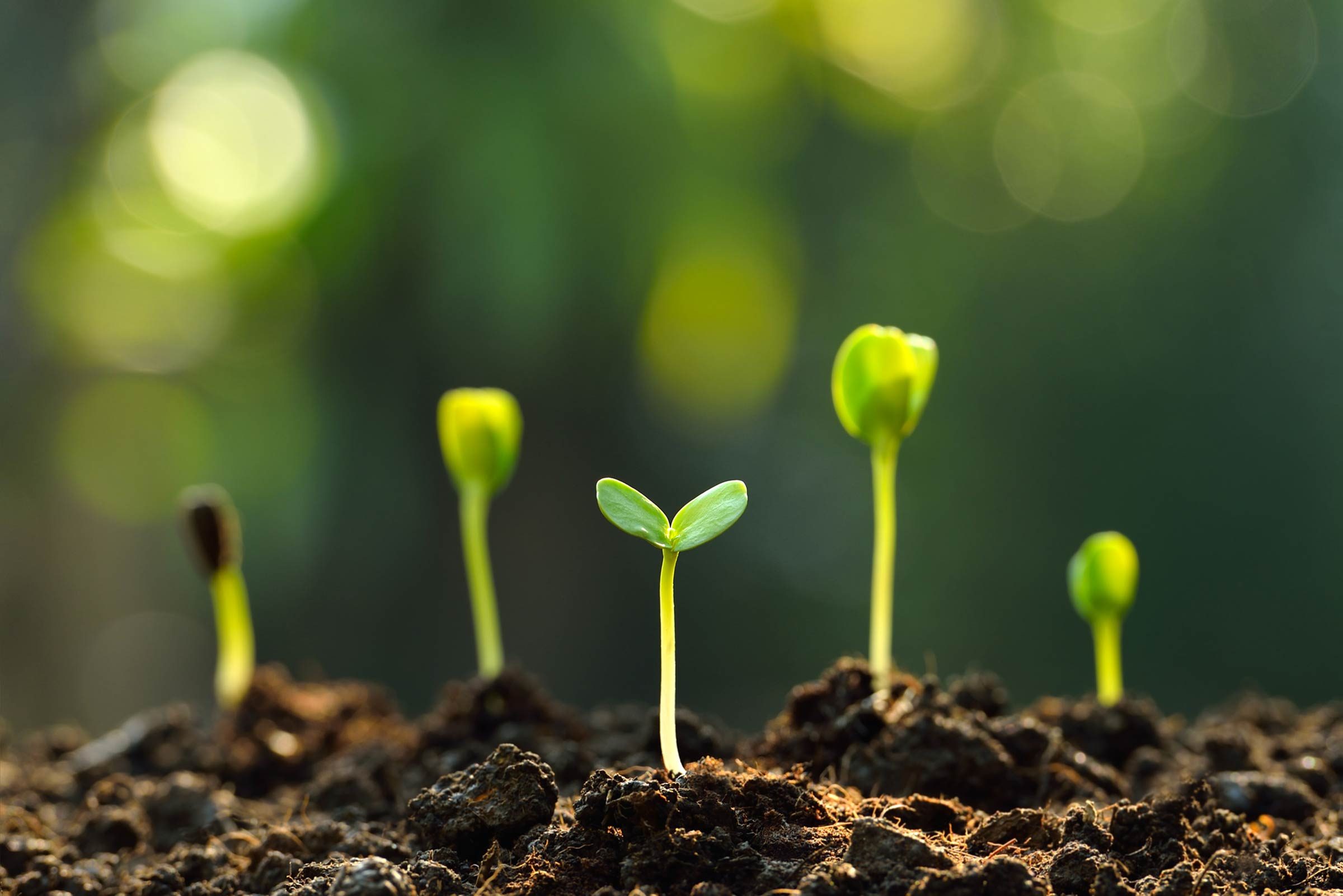
Sharpens your brain
More than just good exercise for your body, gardening also provides a healthy workout for your brain, suggests a 2019 study published in the International Journal of Environmental Research and Public Health. Researchers measured brain nerve growth factors related to memory in study participants—all seniors—before and after they created a vegetable garden, and found that their levels of brain nerve growth had increased significantly.
Arguably “the most surprising benefit of gardening is the capacity for gardeners to become life-long learners,” says Fried. “It’s important to stimulate our brains throughout life. With gardening, there’s always something to learn about new plants and techniques or history and folklore from our past.”
Next, check out these tips that will help you live to 100!